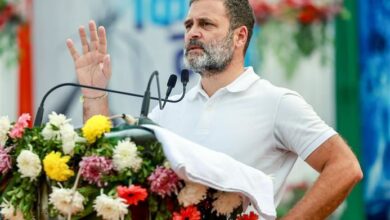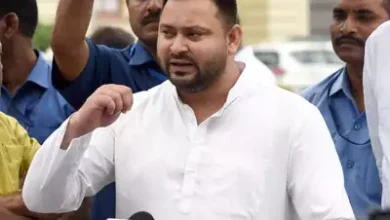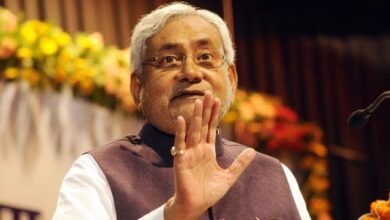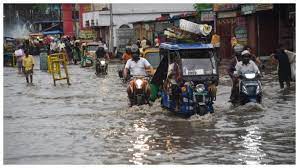Nitish Kumar says he’ll hear from all parties over the results of the caste census
Even as members of the state’s ruling coalition pushed for higher reservations to socially and economically underprivileged communities and the Bharatiya Janata Party (BJP) pointed out problems with the exercise, chief minister Nitish Kumar said on Tuesday that data gathered in Bihar’s historic caste survey will help the state government work for the upliftment of all sections.
The conference, which was attended by nine parties, was held a day after the findings of the census, which counted 130 million people, revealed that roughly two-thirds of Bihar’s population hailed from backward groups. The findings of the study will be used by opposition parties to counteract the BJP’s gains among underrepresented castes.
According to a government release, Kumar informed the gathering that the survey was properly conducted and included family economic and educational data. Based on the findings of the caste survey, “We will consider the opinions of all parties to work in the best interests of the state’s people. According to the statement, he stated, “Our goal is to elevate the underprivileged parts, and we will achieve it with consent of everyone.
“The goal is to integrate the most underserved communities. Sarvajeet Kumar, agriculture minister and Rashtriya Janata Dal (RJD) leader, who was present at the meeting, said, “We suggested that caste data having socioeconomic profiles of various castes is a tool to uplift the deprived sections through reservations and also tailoring schemes which could uplift economic condition of poorer sections.
According to him, expanding reservations for providing people representation based on their numerical strength might be seen as a tenable policy choice to elevate those sections who were socially and economically disadvantaged. “The statistics have shown which racial or ethnic groups lack land, have less access to education, or are less prosperous. Reservation may be one of the policy considerations that must be made, he added.
The notion of expanding the quota for persons from economically underprivileged and socially backward areas was floated by left-leaning parties. Mehboob Alam of the Communist Party of India – Marxist Leninist (Liberation) said that reservations should be given depending on the population size of different caste groupings.
According to finance minister Vijay Choudhary, the purpose of the all-party conference was to inform the parties of the government’s compliance with its pledge to conduct the caste census. He said that before acting on proposals made by parties on different parts of the caste census, the government will first solicit them.
Bihar presently offers 50% of employment and places in educational institutions to women from backward classes, scheduled castes and tribes, and severely backward individuals.
The BJP wasn’t content. After the discussion at the chief minister’s office, Vijay Kumar Sinha, the leader of the opposition in the assembly, informed reporters there were several errors and haste in the survey report. He brought up the subject at the meeting, claiming that because no enumerator visited his home, he had not been included in the household caste census.
Former chief minister and leader of the Hindustani Awam Morcha (Secular) Jitan Ram Manjhi voiced worry over the reduction in the number of Manjhis, a scheduled caste and his own caste group. The genuine population of Manjhis was far larger than what was shown in the report, accounting for just 3.08%, he claimed, suggesting that there may have been some irregularity in the survey.
On the basis of the findings, Congress leader Shakeel Ahmed Khan said he recommended tackling economic disparities via different governmental measures.







